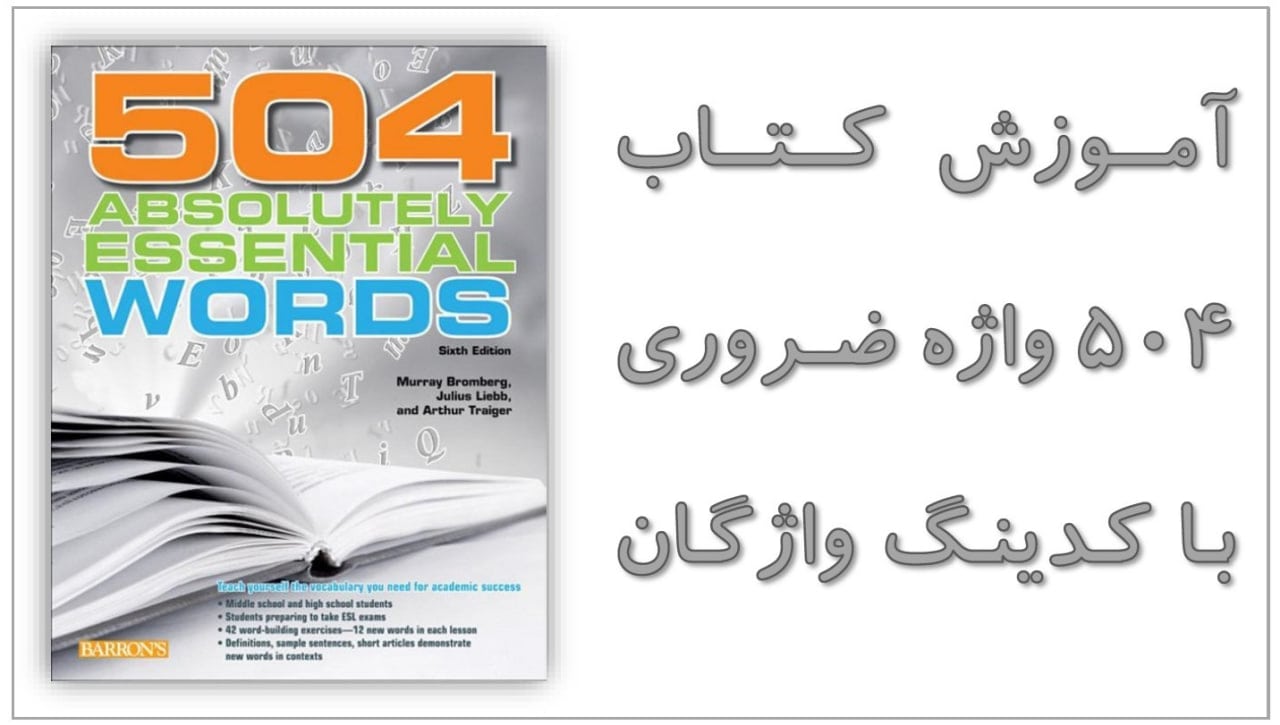The verb “Die” is used with some prepositions in the English language and they convey different meanings. Before focusing on the different meanings of “die” with these prepositions, let’s take a closer look at the meaning and definition of “Die“.
die: /dʌɪ/ verb
1- (of a person, animal, or plant) stop living.
Example: He died when he was 80 years old.
There are similar meanings of this verb in English:
pass away
pass on
lose one’s life
depart this life
expire
breathe one’s last
draw one’s last breath
Meet one’s end
meet one’s death
lay down one’s life
be no more
perish
be lost
go the way of the flesh
go the way of all flesh
go to glory
go to one’s last resting place
go to meet one’s maker
cross the great divide
cross the Styx
give up the ghost
kick the bucket
bite the dust
croak
flatline
conk out
buy it
turn up one’s toes
cash in one’s chips
go belly up
shuffle off this mortal coil
go the way of the dinosaurs
push up the daisies
be six feet under
snuff it
peg out
pop one’s clogs
hop the twig/stick
bite the big one
buy the farm
check out
hand in one’s dinner pail
go bung
exit
decease
Opposite:
live
survive
2. Informal meaning: to be very eager for something.
Example: I am dying for a drink at the moment.
Click here to watch the video on YouTube
However “die” is used with some prepositions and phrases in English like: with, of, from, in, on, and at, They are all used to describe the act of dying, but they have slightly different meanings. Here is a table of these verb phrases with their meaning, definitions, and some examples.
| Died at |
“Died at” usually either refers to the place where the death occurred (if it’s a small place) or the moment of the death (i.e. a time expression referring to an hour or less). Examples:
|
| Die with |
“Die with” means to die while having something, or to be with someone or something, or even with an animal. Examples:
|
| Die of |
“Die of” means to die as a result of something. If someone dies from an internal cause that starts inside his body like a heart attack or cancer, the preposition “of” is used; Example:
|
| Die from |
“Die from” means to die because of something. If someone dies due to an external cause such as an injury from an accident, the preposition “from” is used. Example:
|
| Died on |
“Died on” usually refers to the date or day on which the death occurred. Examples:
|
| Died in |
“Died in” usually refers to the place where the death occurred (if it’s a large place), the circumstances of the death, or the time period in which the death occurred (if it’s longer than a day). Example:
|

DieDied without a preposition can be used with expressions referring to days of the week, or large parts of a day.
Examples:
- Jonathan died last night.
- Jemima died yesterday morning.
- Thomas died one afternoon last week.
- Davina died last Thursday.
It can also be used with time expressions finishing with the word “later”.
Examples:
- Sean died an hour later.
- Voltaire died a century later.
In general, “die with” is used to describe something present at the time of death, “die of” is used to describe the cause of death, and “die from” is used to describe the reason for death.
There is some overlap in the meaning of these three phrases, and they can sometimes be used interchangeably. For example, “He died of cancer” and “He died from cancer” both mean the same thing. However, there are some cases where it is important to use the correct phrase to convey the intended meaning. For example, “He died with a smile on his face” suggests that he died peacefully, while “He died from a heart attack” suggests that he died suddenly.
Ultimately, the best way to choose between these three phrases is to consider the context in which you use them.
Here are some more examples:
- The old man died with a book in his hand.
- The woman died of a car accident.
- The soldier died from his injuries in the war.
Click here to read more posts about English Vocabulary
Click here to read more posts about English Verbs
 UCLnet.com Teaching English; Idioms, Proverbs, Vocabulary, Grammar, Speaking , Reading, Listening, Writing
UCLnet.com Teaching English; Idioms, Proverbs, Vocabulary, Grammar, Speaking , Reading, Listening, Writing











